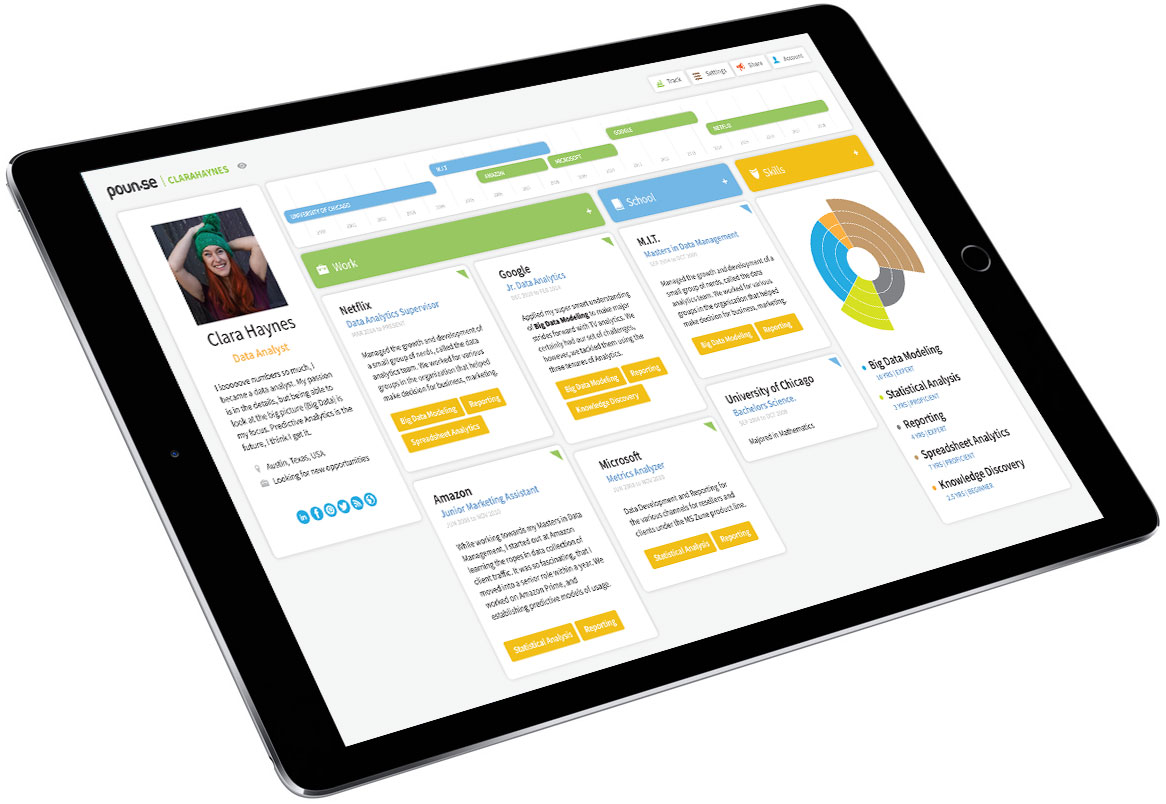Couple of funny things as we wind up some articles from HR Tech in Vegas in September:
- On the first morning, I was low-level hungover and somehow got up, at a different hotel, at about 5:30am. Completely unrelated to being vaguely hungover, I had dropped my Chromebook outside the hotel the night before exiting an Uber. The laptop appeared not to work anymore. I go downstairs at this hotel and, wonder of wonders, they have people gambling their lives away at 5:50am but the business center doesn’t open until 8am. Vegas is a remarkable place.
- I go over to The Venetian and use their business center, then decide I need a badge for the conference, so I go wait for that.
- The badges open at 7:30 but I got there at 6:45.
- I start talking to some guy named Todd.
- Todd had worked for a big company for years — let’s say maybe it was a ATS that got acquired by Oracle at some point — and we were talking about why people really buy these suites. He agreed with me: you want to believe it’s about something like candidate experience, but on the enterprise side, a lot of times people buy this stuff for compliance. They want to legally-defensibly (is that a word?) cover their ass.
- Todd and I went to get Starbucks, if you’re interested.
Now flash forward a bit and I’m walking the floor later that night. Rob Hernandez from Pounse yells my name. We had interacted online a few times. This is Pounse. This is Rob Hernandez. Cool dude. I like IRL meeting people from the tweeter world. They’re usually interesting.
OK, so long story short on Pounse … they have different slogans like “add color to your career” or “where talent and opportunity meet.” Standard marketing stuff. What they do that’s interesting — maybe more interesting than a lot of vendors at different HCM trade shows — is that they legitimately put the candidate first in the experience. Candidate experience is a huge f’n buzzword, especially in enterprise circles, and I think we all know that. Most bigger companies claim to view talent as a “competitive differentiator” and really, truly view talent as “completely replaceable.”
I’m not always the biggest Liz Ryan fan, but if you don’t believe me on the above, look at this article and this pull quote:
I hope you don’t make your customers and prospects create their own records in Salesforce! You value your customers too much to make them unpaid clerical help, and you need to value job applicants that much or more.
If you ever told a sales prospect to fill out data — aside from an eBook download, right? — and it took as long as ATS takes, an executive would punch you in the throat. You don’t treat prospects like that. Candidates? That’s totally fine.
That’s all you need to know about how much candidates matter to the ecosystem. Sorry for being too honest.
I’ve long thought what we need in recruiting is:
- Less tech
- More training around how to find the right people
- More training around how to have conversations
- More training for execs on why hiring matters
- More bottom-line ties for what happens when hiring fails/flops
- Processes that reward the best candidates instead of alienating them
- Job board platforms that aren’t chasing acquisition and are actually making the job process less torturous for job-seekers
If you kinda sorta maybe halfway believe some of these bullets, kick some tires on Pounse.
Think of it this way: we’ve been doing the hiring/tech stack dance the same way since about 1998 or 1999, and really, is anything going that well? Are A-Players streaming over your walls? Is engagement up? Is turnover down? How’s your churn?
When shit is broken, you fix it. That works in marriages, friendships, child care, relief pitching, dog walking, and more. Why shouldn’t it work in hiring?
Authors
Ted Bauer
Originally from New York City, Ted Bauer currently lives in Fort Worth, Texas. He's a writer and editor for RecruitingDaily who focuses on leadership, management, HR, recruiting, marketing, and the future of work. His popular blog, The Context of Things, has a simple premise -- how to improve work. Ted has a Bachelors in Psychology from Georgetown and a Masters in Organizational Development from the University of Minnesota. In addition to various blogging and ghost-writing gigs, he's also worked for brands such as McKesson, PBS, ESPN, and more. You can follow Ted on Twitter @tedbauer2003, connect with him on LinkedIn, or reach him on email at [email protected]
Recruit Smarter
Weekly news and industry insights delivered straight to your inbox.





